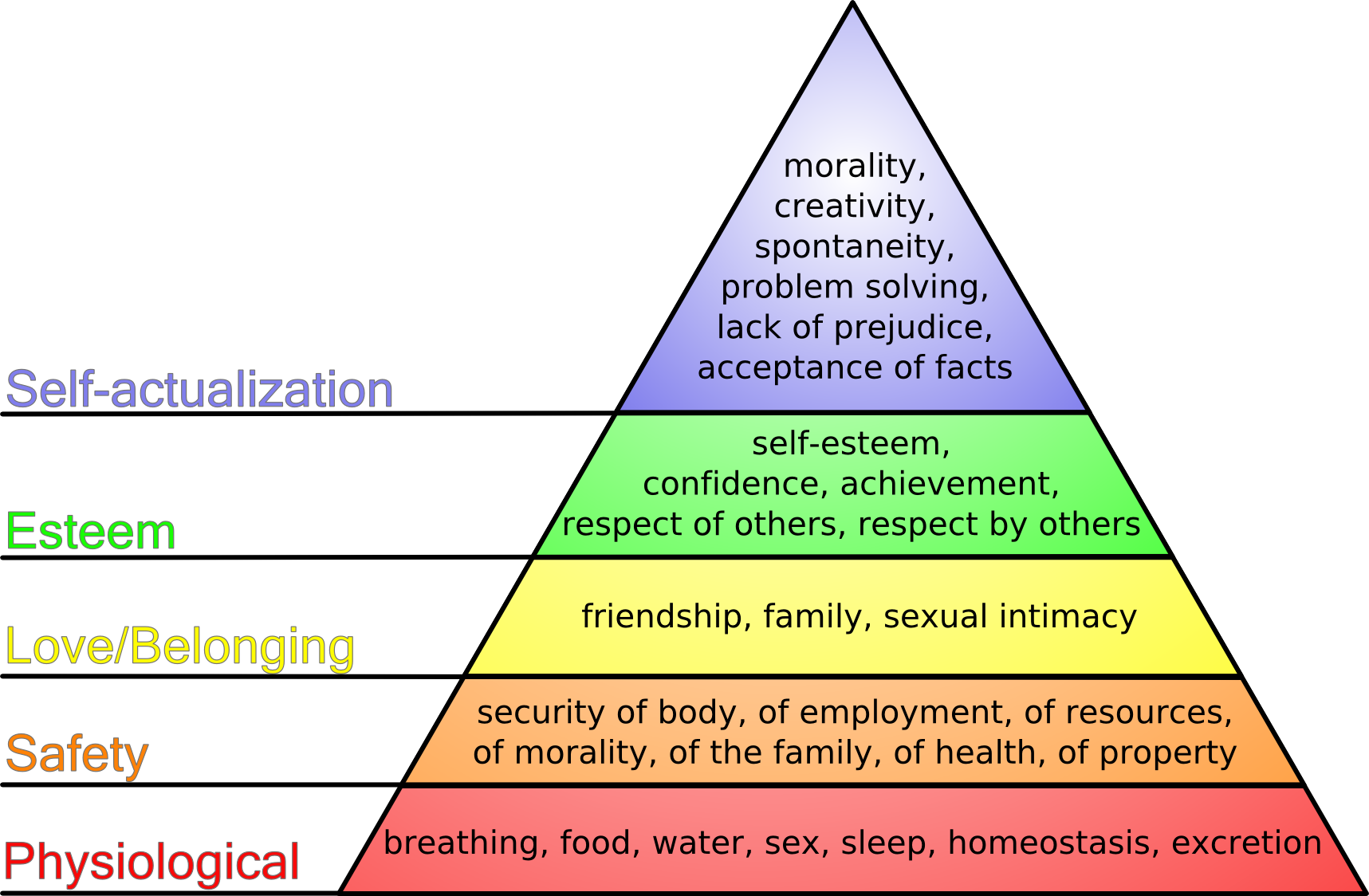Over the years of my customer service journey, I always enjoyed being able to answer “Yes” to a guest question. First of all, no one likes being told “No”. “We’ll get to that in a moment.
But years back, as a manager at a Colorado cave and theme park, I dealt with a litany of both guest and employee issues over the course of the day. In some cases, I was being called to help a guest with a problem or question, but many times it was staff, many of whom were younger and shy around management. On my first week, I decided that when I arrived to deal with an issue, the first words out of my mouth were always” How can I help”. These are very disarming words that fit virtually any situation you are called upon in customer service, or with staff. They even make sense when you arrive with no information as to what the situation is about. “How can I help” can open any customer situation positively. But I digress. This was supposed to be about the words “Of course”.
When these staff or guests asked me any question that could be answered with “Yes”, I used “Of course” most of the time. Why? What difference does it make? The power of the words “Of course” enthusiastically coming out of your mouth, says so many things. It emphatically says “Yes”, for starters, but it says it in a way that appears as though its important for you to help them, and you know it. It says that you are genuine, in that you are happy to assist. It conveys that you take your profession seriously.
There is a good, and not so good way to say anything, but these examples are paramount in customer communication. They create the safe space I have written about earlier, and help to create a welcome environment in your business. Taking the time to choose your words, and avoid the same customer service “pickup lines” we’ve heard for years, does wonders in creating a place your guests or clients want to be in, bringing them back to you, when they have so many choices.
Other examples may be things like choosing “I am afraid we are out of that item” instead of, “No, we don’t have that”. You may say “For an additional $_____, I can add that”, versus “That will cost more”. Telling a client that something they want is not possible is much easier if you tell them in a way that conveys the benefits of the alternative to what they wanted. Never just say “NO”…….NEVER! In fact, make a game out of figuring out how say “no” without using the words. Take some time with your front line to talk about these words and the effect they have.
There are countless ways you can come up with to say the things you say every day. In a way that separates you from the pack, and makes it clear to your guests, that you truly do care about their purchase experience. Can you do it? OF COURSE!










